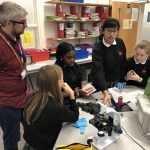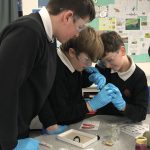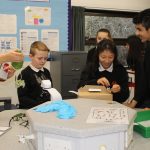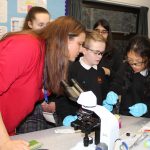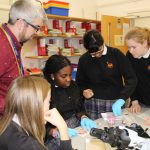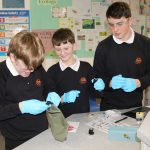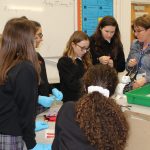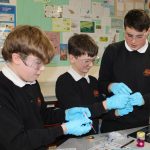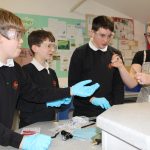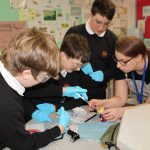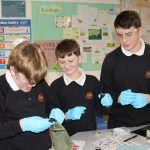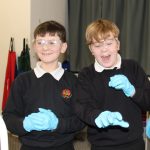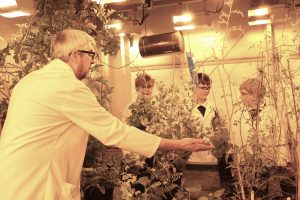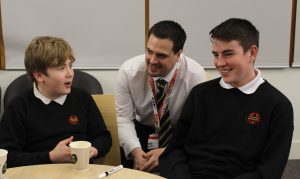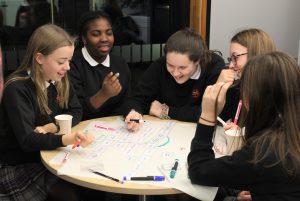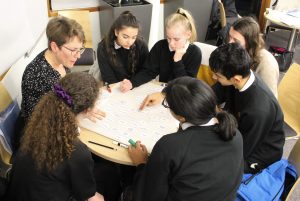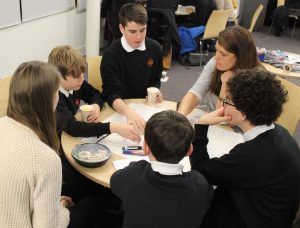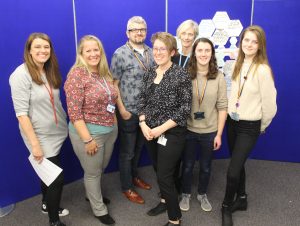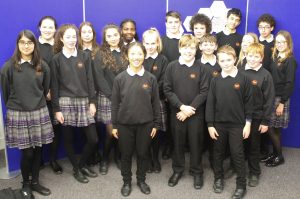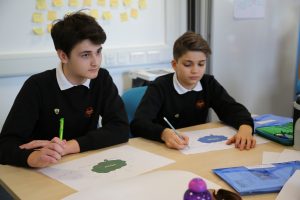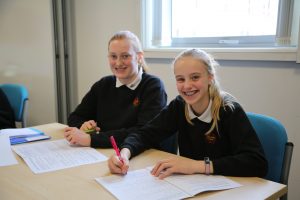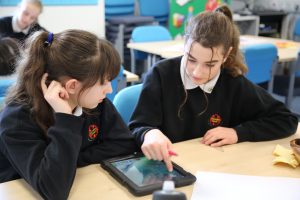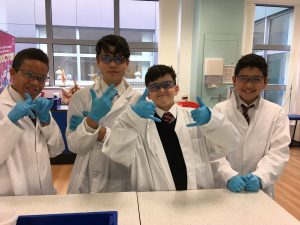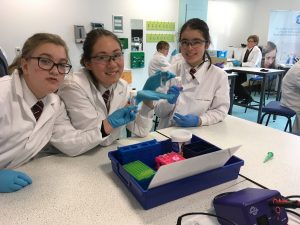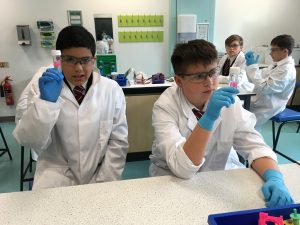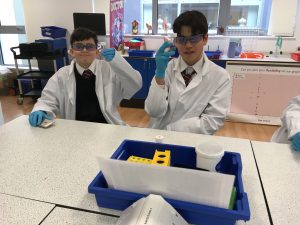Getting ‘hands on’ with climate change was the aim of LifeLab’s latest activity in a new cross-faculty venture with colleagues from the University of Southampton.
Following on from the launch of a new outreach experience that examines climate change and heath, LifeLab educators have developed an ‘escape room’ style activity for the Thornden School students involved in the project.
The ‘Escape Climate Change’ session which was hosted at the Winchester Road school in Chandler’s Ford, saw groups of young people tackle a series of challenges all linked to the climate change theme.
Using issues that campaigner Greta Thunberg has highlighted as the biggest threats facing our planet, the students got hands on with scientific challenges including chemical reactions, coding using the periodic table and UV lighting to reveal clues and unlock answers.
The tasks were related to Greta’s speech in 2019 which highlighted the biggest threats to the planet including erosion of top soil, deforestation, acidification of oceans, toxic air pollution and the loss of insects and wildlife.
Building on the approach of allowing young people to discover knowledge for themselves, LifeLab educators devised the hands-on activity using inspiration from Liz Allaway from Cancer Research UK and Dr Ran Peleg from the University of Southampton who have developed their own escape-room style engagement activities.
LifeLab programme lead Dr Kathryn Woods-Townsend said: “We wanted to use the same approach that LifeLab has been built on – giving young people the space and support to discover things for themselves and make their own decisions based on that discovery.
“This new outreach programme has given us another opportunity to reach young people in this way by looking at what impact climate change can have on our health and allowing young people to take the lead in discovering what changes they can make in their own lives.
“We owe a big thank you Liz and Ran who kindly demonstrated their escape room engagement activities as it was from that we were able to develop our own activity based on the climate change theme.”
The session was well received by Thornden students who are taking part in the brand new outreach project run by Dr Mark Chapman from Biological Sciences in the Faculty of Environmental and Life Sciences and Dr Lucy Green from Human Development and Health based at the Institute of Developmental Sciences in the Faculty of Medicine. The work has been funded through the Public Engagement with Research unit (PERu) at the University of Southampton.
The students will now plan and carry out their own experiments linked to what they have learned so far and what they now want to discover around the impact that climate change can have on our environment and health.
“It was such an imaginative and hands-on way of communicating some of the messages behind the subject of climate change and as a result will undoubtedly have a lasting impression on the young people who took part. They now have plenty of inspiration to start planning their own experiments.
After the session, a parent of one of the students said: “My son loved today’s session and particularly enjoyed the escape room exercise. He cannot wait for the plant experiment.”
For more information about the new engagement activity, read more about the climate change collaboration project launch in our blog.
